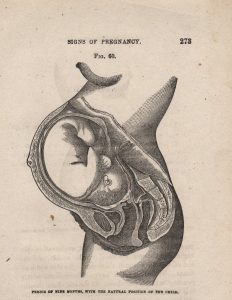Discrimination of pregnant workers is unlawful in California workplaces – an important protection given that women make up half the workforce and 85 percent of working women will become mothers at some point in their careers. And yet, research shows that over the last decade, there have been more than 50,000 pregnancy discrimination claims filed with the U.S. Equal Employment Opportunity Commission. That excludes strictly state-level claims as well as instances that occurred but were never reported. 
Recent analysis of national census figures reveal women in the United States work longer during pregnancy and return to work much sooner post-childbirth than ever before. Yet employers too often fail to follow the law, which is to provide reasonable accommodations for women temporarily impaired by a pregnancy- or childbirth-related condition – just as they would any other employee with a disability.
As our Los Angeles employment lawyers can explain, the Pregnancy Discrimination Act of 1978, which amends Title VII of the Civil Rights Act of 1964, prohibits discrimination on the basis of pregnancy, childbirth, or related medical conditions. It is applicable to individuals (employees and applicants) who are disparately treated in a way that’s unfavorable in any aspect of employment. That can include hiring, termination, salary, tasks and assignments, promotions and benefits, training opportunities, promotions, and other conditions or terms of employment.
What Does Pregnancy Discrimination Look Like?
Even knowing there are laws in place to protect pregnant workers, it’s not always easy to recognize when you’re the one being impacted.
Some examples of California pregnancy discrimination: Continue Reading ›
 Orange County Employment Lawyers Blog
Orange County Employment Lawyers Blog










